
Future of Banking and Fintech September 2019
Despite its persisting dusty, pinstriped image, the finance sector has been embracing technological and social change for quite some time now.

Despite its persisting dusty, pinstriped image, the finance sector has been embracing technological and social change for quite some time now.
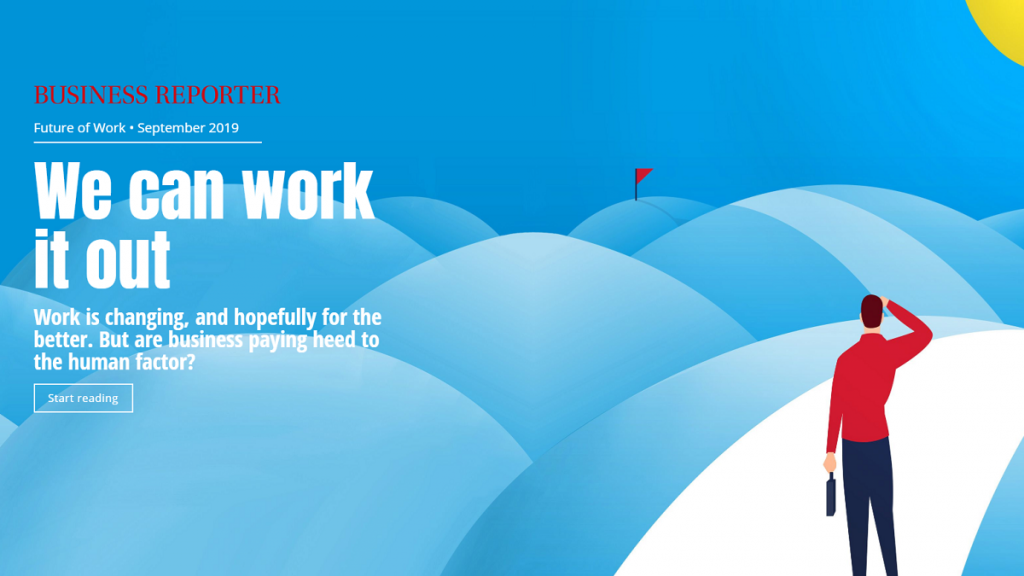
For a lot of people, the idea of work was once sharply defined, constant and concrete – occurring at a fixed time (nine to five), in a fixed location (usually an office), and with little variation for years, until retirement and the carriage clock beckoned.
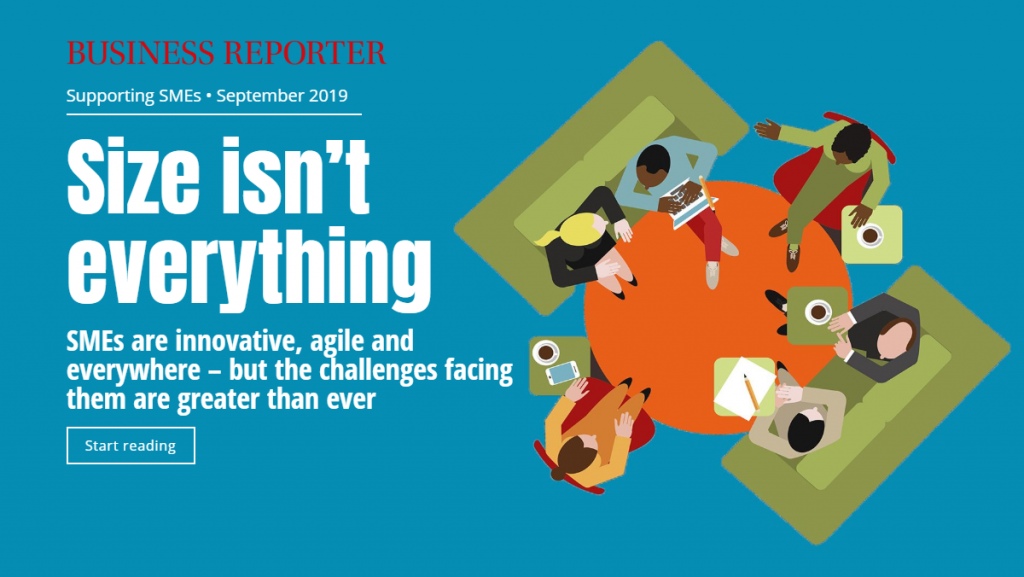
When it comes to business, small (and medium-sized) is often beautiful. SMEs pioneer new ways of doing things, and can be more agile and better equipped for change than the big multinationals.
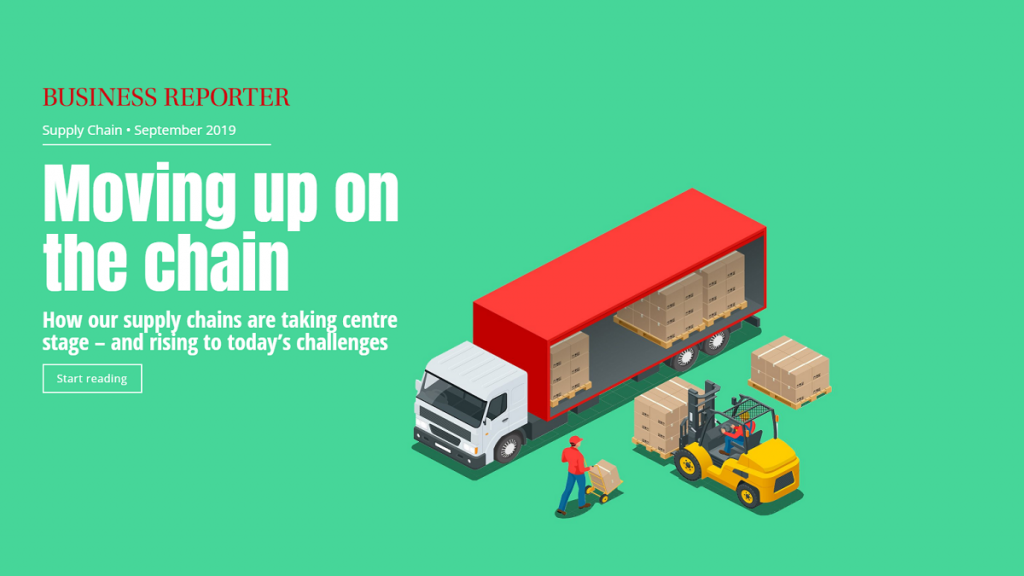
How our food, clothes, medicine and consumer goods – and the different products they themselves are made from – get from A to B has always been an unglamourous-yet-crucial part of commerce.
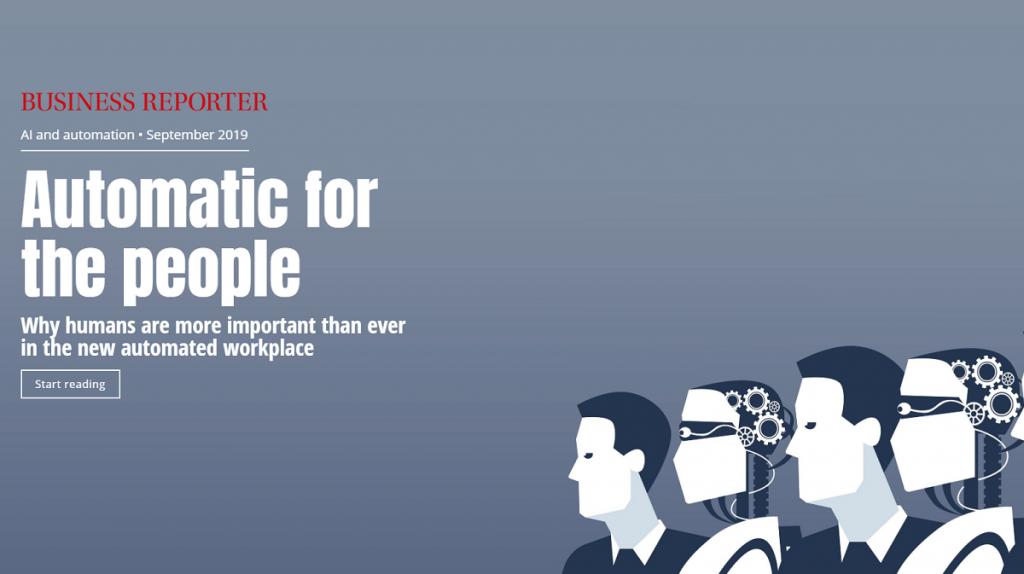
Why humans are more important than ever in the new automated workplace

Not so long ago, the retail conversation was dominated by the demise of traditional brick-and-mortar outlets, and their equally inevitable replacement by the shiny new world of online shopping and e-commerce
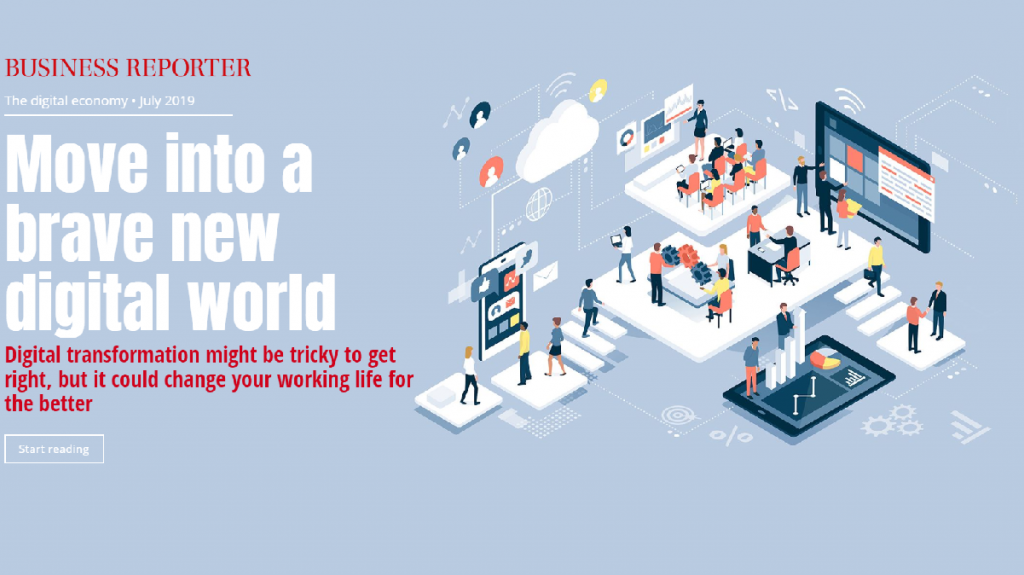
The ways in which we approach work are becoming more atomised and data-driven as technology takes a greater hold over business strategy
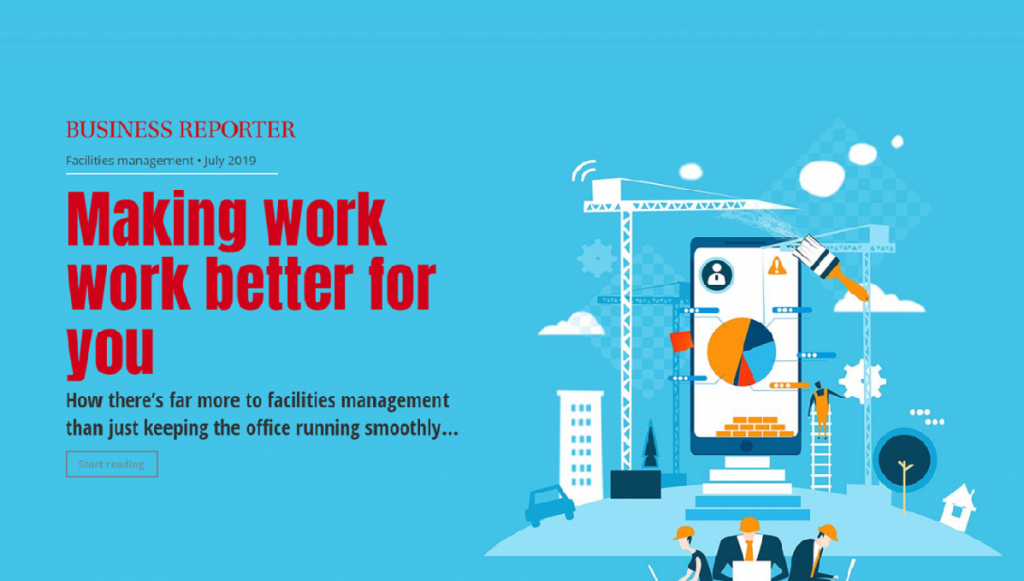
With boardrooms and businesses largely focused on hot-button issues such as digital transformation

With environmental collapse at the top of today’s headlines, the potential of renewable energy has hardly been more relevant.

Money-laundering, the dark web, internal fraud, cyber-attacks – all things commonly associated with risk. Some
